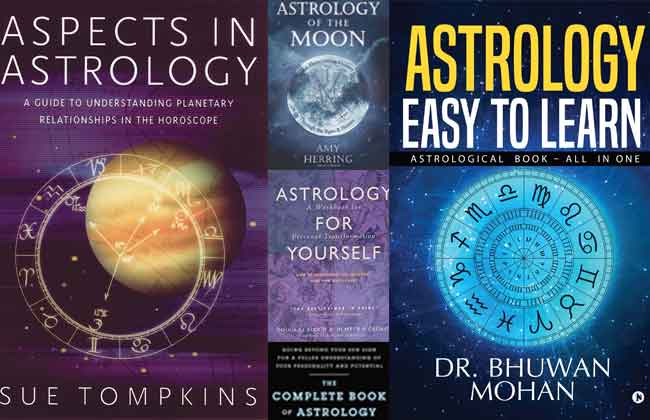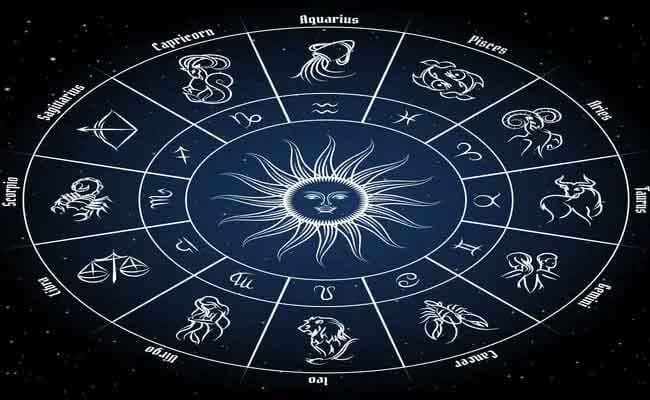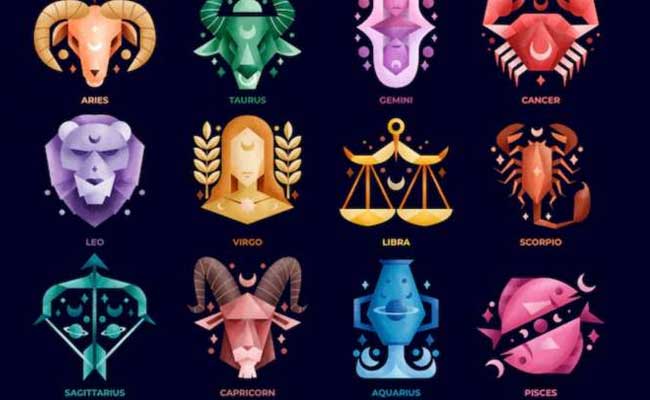Astrology has been an integral part of human civilization for thousands of years, shaping cultures, guiding decisions, and offering insights into personality and destiny. It is the study of the movements and positions of celestial bodies—like planets and stars—and their supposed influence on human behavior and earthly events. While modern science may question its accuracy, astrology continues to hold deep significance in many people’s lives.
The Foundation of Astrology
At the core of astrology is the belief that the universe is interconnected and that the positions of celestial bodies at the time of a person’s birth can reveal patterns about their personality, emotions, and life path. The birth chart or natal chart—a map of the sky at the moment of one’s birth—serves as a personal cosmic blueprint. It includes the Sun sign, which represents one’s core essence; the Moon sign, which governs emotions; and the rising sign, which reflects how others perceive you. Together, these elements create a detailed picture of an individual’s inner and outer self.
How Astrology Influences Life
Astrology works through symbolic interpretation rather than direct causation. For example, when Mars, the planet of action, aligns with your birth sign, it may inspire you to take bold steps or face challenges head-on. Similarly, Venus influences love and relationships, while Mercury governs communication and intellect. The planetary movements, known as transits, are thought to trigger various life events or emotional shifts based on their relationship to your birth chart.

Astrology as a Guide for Self-Understanding
In human life, astrology serves multiple roles. Many people use it for self-discovery, helping them understand their strengths, weaknesses, and motivations. It can also guide decision-making in relationships, career choices, and timing for important events. For instance, some consult astrologers before starting a business, getting married, or making major life changes. Beyond prediction, astrology offers comfort and perspective, especially during times of uncertainty—it provides meaning to life’s challenges by connecting them to a greater cosmic order.
The Debate and the Deeper Meaning
Critics often argue that astrology lacks scientific evidence. However, its power lies not in empirical proof but in its psychological and spiritual impact. It encourages introspection, mindfulness, and acceptance of life’s cycles. Whether viewed as a science, an art, or a philosophy, astrology continues to influence human life by bridging the gap between the cosmic and the personal—reminding us that we are, in essence, part of something far greater than ourselves.
History of Astrology Practice in India
![]()





